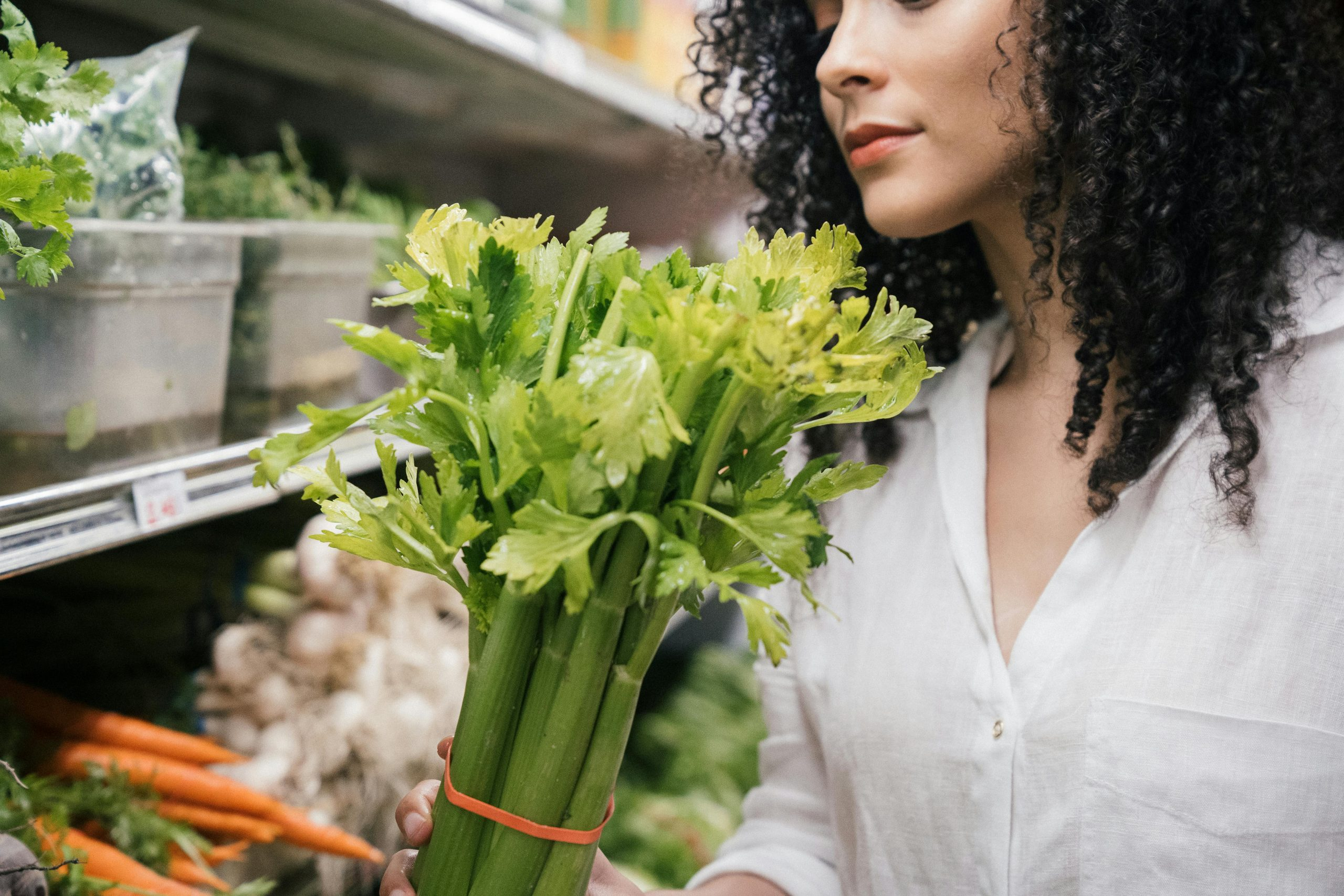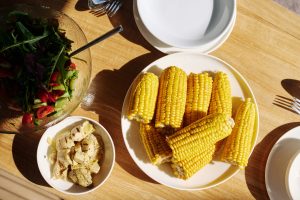The Future of Sustainable Food Production and Cooking
The world’s population is expected to reach 9.7 billion by 2050, putting a significant strain on food production and resources. In addition to this, climate change, water scarcity, and environmental degradation are all impacting the world’s ability to produce food sustainably. As a result, there is a growing need for sustainable food production and cooking methods to ensure that future generations have access to nutritious and environmentally-friendly food options.
The Current Challenges in Food Production
Food production is currently facing a range of challenges, with the most pressing being the impact of climate change. Rising global temperatures, changes in precipitation patterns, and extreme weather events are all affecting crop production and livestock health. This, in turn, leads to food shortages, price increases, and decreased food quality.
Another significant challenge is water scarcity. With almost 1 billion people already facing water shortages, a lack of access to sustainable sources of water is a major issue for the future of food production. Agriculture is the largest consumer of water globally, meaning that sustainable water management practices are crucial for ensuring food security.
Environmental degradation is also a significant concern. The use of chemical fertilizers and pesticides, deforestation, and overgrazing are all contributing to the deterioration of land and soil quality, which is essential for growing crops. This is not only harmful to the environment but also impacts the nutritional value of food produced on degraded soils.
The Need for Sustainable Food Production and Cooking
In light of these challenges, sustainable food production and cooking practices are vital for addressing the world’s growing food needs. Sustainable agriculture is the production of food that meets present needs without compromising the ability of future generations to meet their own requirements. In other words, it aims to minimize the impact on the environment and promote the efficient use of resources while also ensuring food security and providing nutritious food options.
Sustainable food production focuses on using environmentally-friendly techniques and technologies, such as crop rotation, conservation agriculture, and integrated pest management, to reduce the use of energy, water, and chemicals. These methods not only help in preserving the natural resources but also improve soil health and produce nutritious, high-quality food. Sustainable food production also supports small-scale farmers and promotes biodiversity, contributing to the well-being of local communities.
Similarly, sustainable cooking practices play a crucial role in reducing the environmental impact of food production. It involves using energy-efficient appliances, reducing food waste, and choosing sustainably sourced ingredients. For example, cooking with plant-based ingredients and choosing organic, locally sourced produce can significantly reduce the carbon footprint of a meal.
The Future of Sustainable Food Production and Cooking
The good news is that many initiatives and innovations are already driving sustainable food production and cooking into the future. For instance, precision agriculture is an emerging technology that uses data and sensors to monitor crop health and optimize resource use, resulting in increased efficiency and reduced environmental impact. The use of renewable energy, such as solar power, in food production is also gaining popularity, reducing greenhouse gas emissions and energy costs.
In addition to technological advancements, consumer demand for sustainable and ethical food is also driving change in the food industry. More people are choosing to buy organic and locally produced food, thereby supporting sustainable farming practices. This demand has encouraged food producers and retailers to prioritize sustainability and adopt more environmentally-friendly methods.
Furthermore, education and awareness about sustainable food production and cooking are essential for driving change. Governments, organizations, and individuals must work together to promote and support sustainable practices, educating communities about the benefits of sustainable food choices.
In Conclusion
The future of sustainable food production and cooking relies on a collective effort to address the current challenges and embrace more sustainable practices. By prioritizing the preservation of the environment and the efficient use of resources, we can work towards a more sustainable food system that provides nutritious and affordable food for all. As individuals, we can make a difference by making sustainable food choices and supporting initiatives that promote a more sustainable future for food production and cooking.










